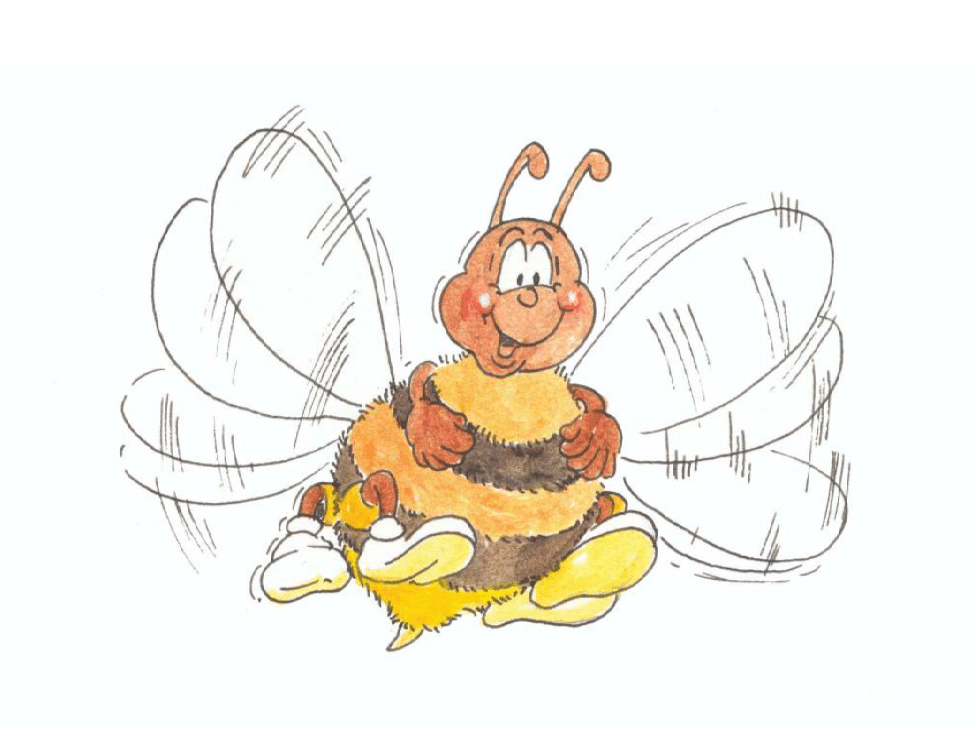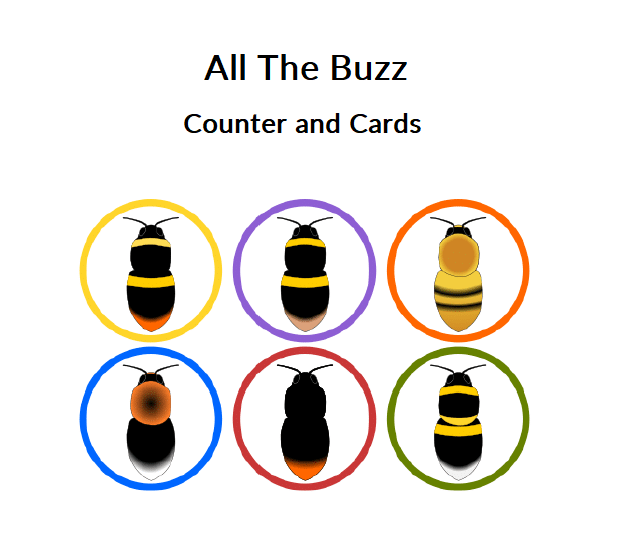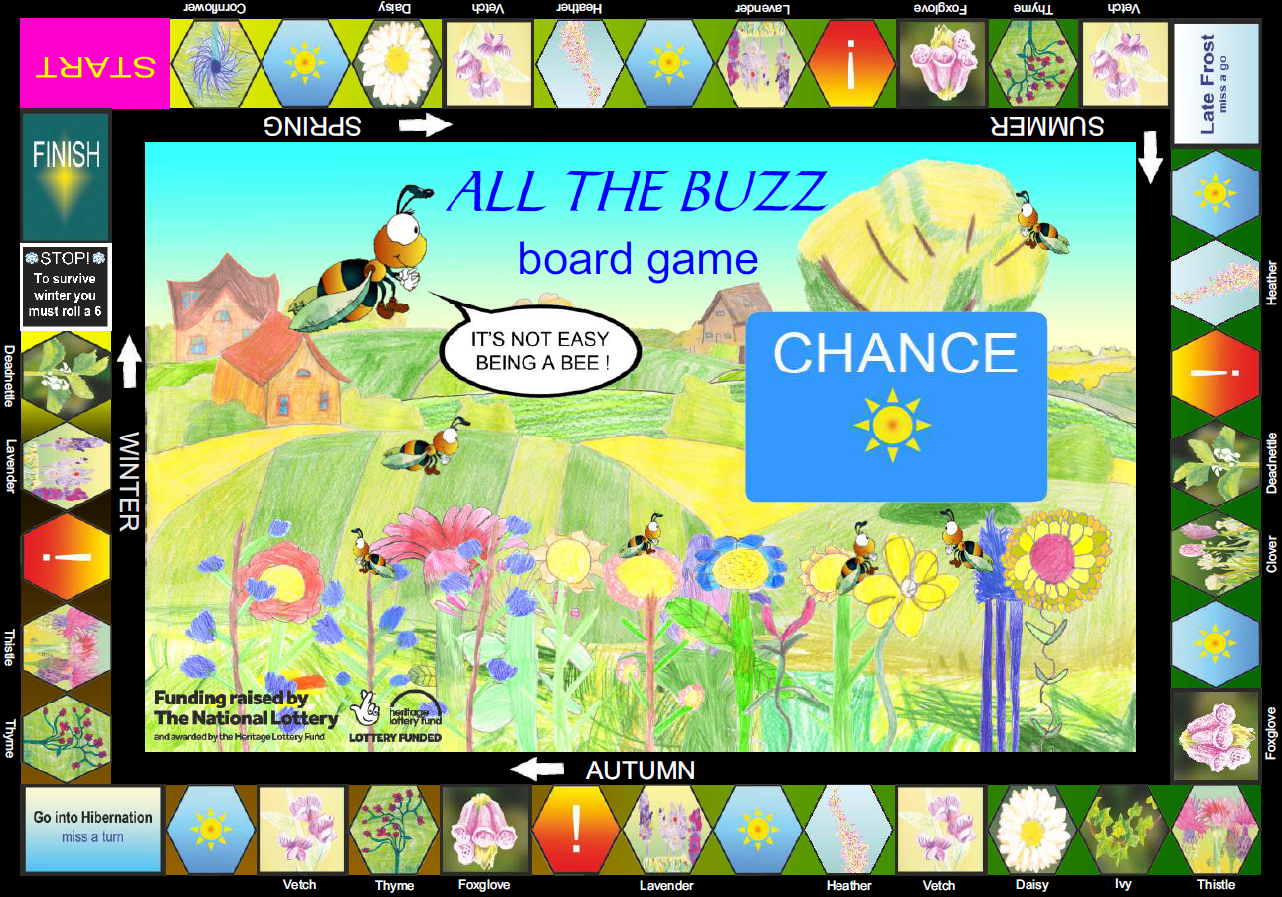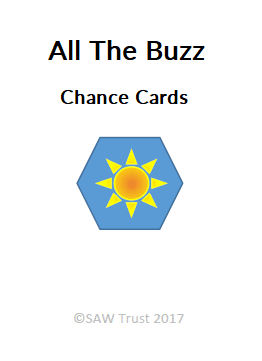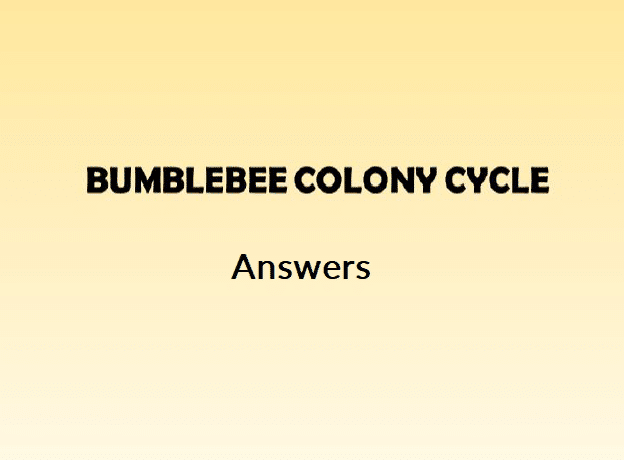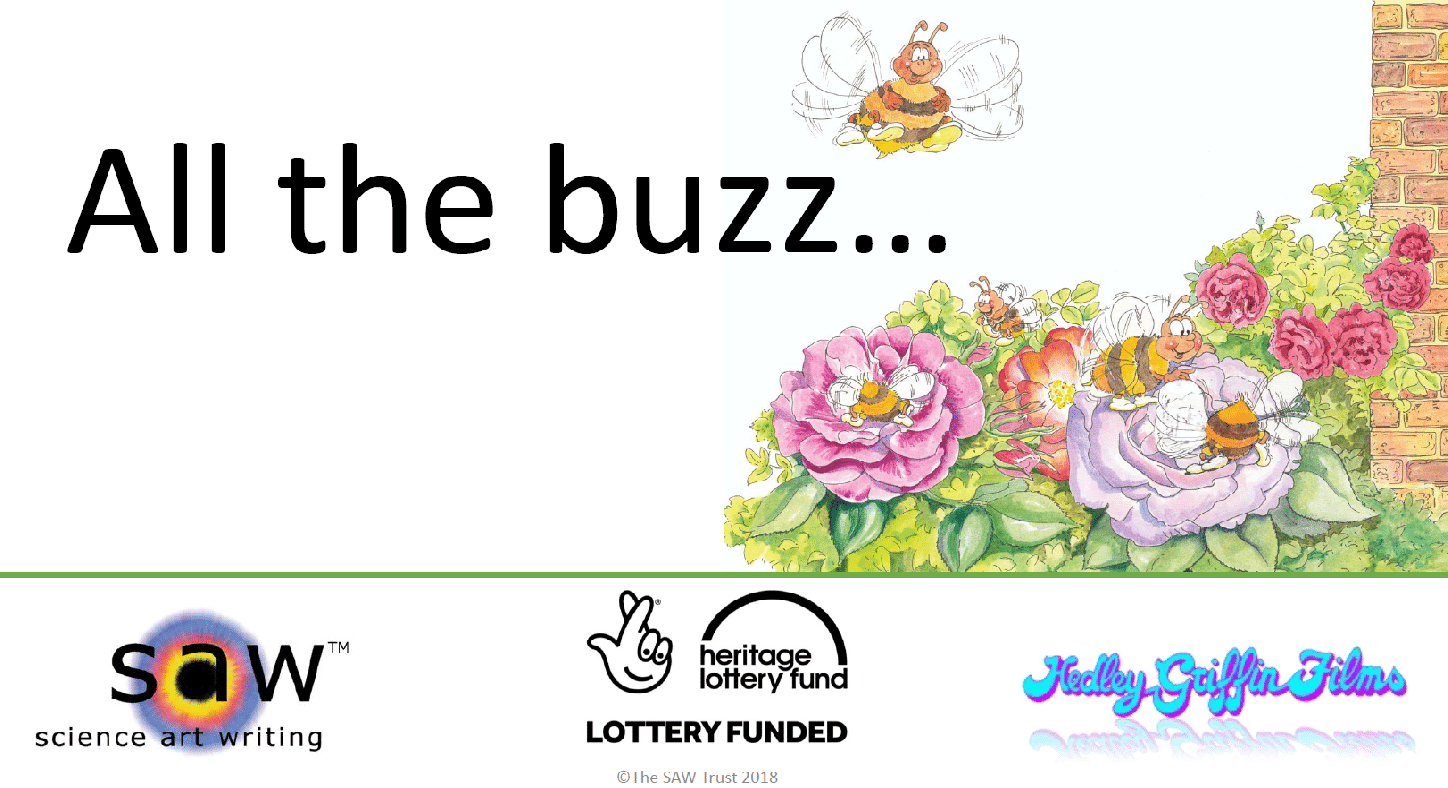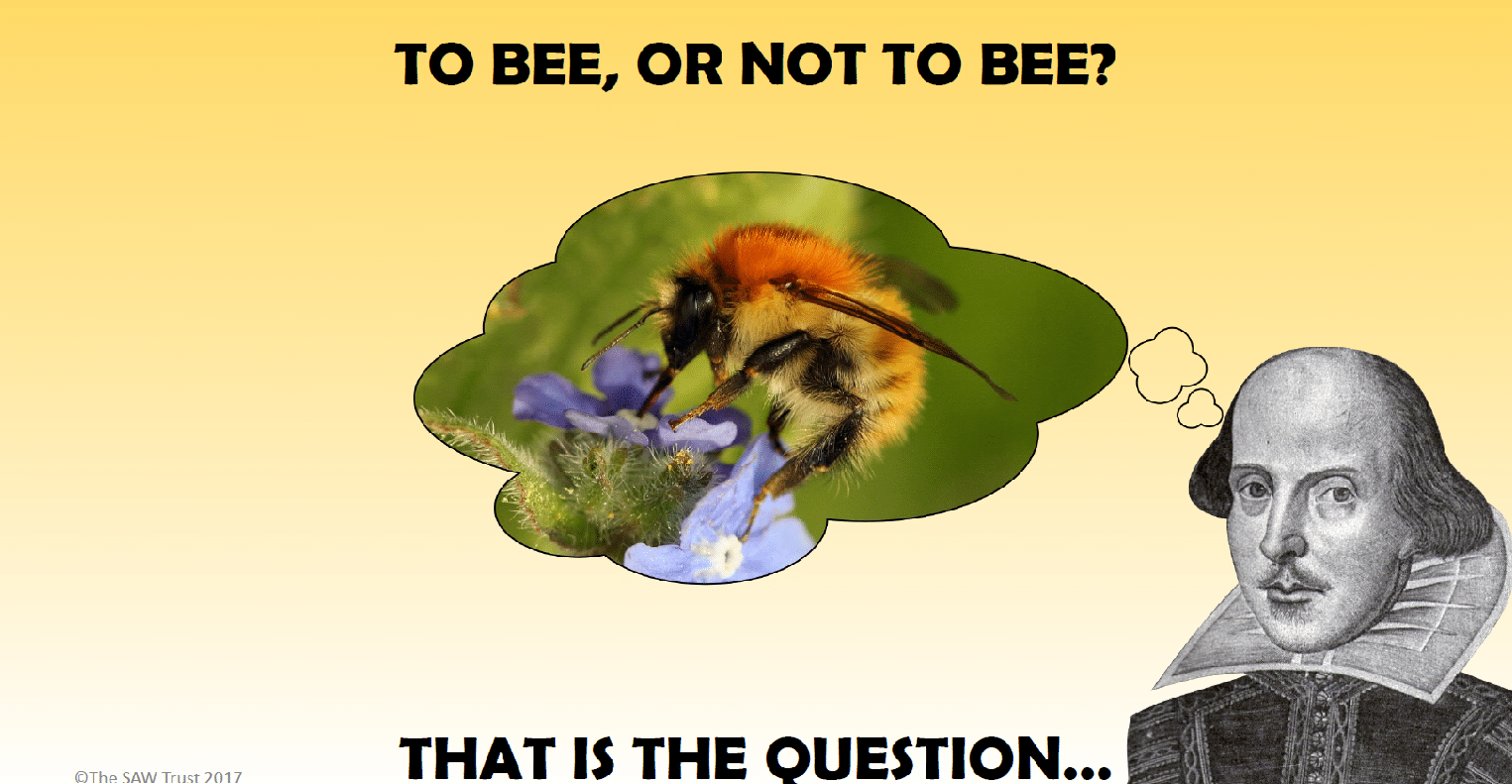Introduction
All The Buzz is a lesson plan developed in collaboration with bee scientists from the University of East Anglia, designed to encourage and inspire children to explore habitats, the concept of adaptation, the seasons, and sustainability, all through considering the plight of the much-loved bumble bee.
This resource has been designed to be delivered over 90 minutes as an interactive workshop for key stage 2 students, although it is easily adaptable for upper key stage 1.
What’s included
As well as science topics, the lesson plan includes aspects of maths, an educational board game, and ready-to-use presentations for the whiteboard, along with background information to aid teachers.
Downloadable resources available: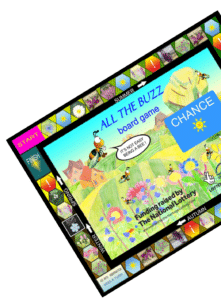
- A science-based lesson plan and slides. Use this to begin your workshop and organise the activities.
- Activity One: To bee or not to bee. This interactive guessing game looks at adaptation and mimicry.
- Activity Two: Colony cycle game. Explore the lifecycle of bumble bees with this challenge.
- Activity Three: All the buzz board game. This educational bee-themed board game explores the effect of changes within the environment on bees. Don’t forget to download the chance cards, bee counters and info cards, and the board (print the board on A3 paper).
Additional information
This resource was developed in schools in the East of England and involved additional literacy and art sessions with children’s animator Hedley Griffin, who worked with the children to create a short story and artwork to produce an animated movie entitled “The bee who lost her stripes” to share.
Watch the movie here!
Watching the movie brings a good conclusion to the science and shows children how literacy and art can be used to encourage people to grow wildflowers and look after bees. This can make a nice springboard into your own activities where children are tasked to use presentation skills to communicate an important message to varied audiences.
Special thanks to teachers Tracey Wilson from Ickworth Park Primary School and Helen Pleasants from Tunstead Primary school for hosting the pilot projects.

